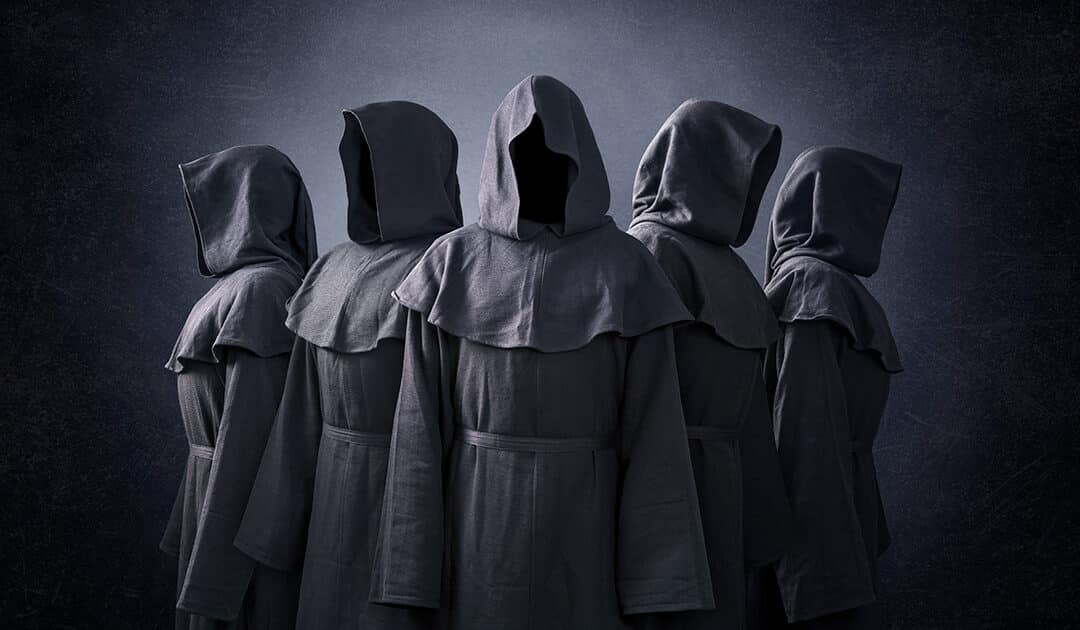I finally found time to write about Keung To, a singer and main vocalist of the Hong Kong boy band club known as “Mirror.” I normally do not spare time for singers and actors in Hong Kong, except those who impress me somehow. The fact that many of those artistes-would-be are of the lowest quality, in terms of talent and looks, has almost never bothered me. Yet this Keung To is a complete farce, whereas his fans and admirers, many of whom are women past middle age, and who have long formed a cult reminiscent of zombies in apocalyptic movies, are annoying and worrisome enough to warrant a blog post.
***
While Keung To’s lack of natural talent may not be his fault, the fact that he seemingly has not improved over the past few days and still sings and dances at the abysmal level is shocking. l watched a couple of his live performances. What perplexed me was that he often could not even pronounce Cantonese words clearly, to the extent that I often had trouble making out what he sang. His clumsy and awkward dance moves did not help. In the heyday of the city’s show business, the “Four Heavenly Kings,” for instance, each had something to offer the audiences: looks, talent, dancing, or a combination of them. I have avoided mentioning Keung To’s physical appearance before his performances. After all, looks are said to be subjective. For me, he is utterly unappealing in this department.
One of Keung’s prided “hits” is called “Dear my friend.” This song title is ungrammatical. God knows why nobody corrected him. The same word order is also ungrammatical in Chinese. It must be tough being an English teacher nowadays. Picture this scenario: after a school kid said “Dear my friend,” the teacher corrected him, “No, it should be ‘My dear friend’.” The kid retorted: “Keung To says ‘Dear my friend’! He must be right, or he wouldn’t be so popular!” One wonders whether Keung or his production team has been confronted with this mistake and, if so, how he/they responded. A “poetic license”?
Lately, Keung went on a full-blown temper tantrum when criticized by a woman for his subpar performance, and violated the woman’s privacy while defending himself against her criticisms. As he openly attacked the lady, his fans, lacking a sense of propriety, flocked to his defence and bullied her in their hysteria. Such outrageous conduct by a celebrity is something that would never have manifested by the “Four Heavenly Kings”: not only because all of them had gentle manners, but also because their performances would never have drawn that kind of negative criticisms that Keung’s did–and deservedly so–in the first place.
***
Indeed, the above incident illuminates that the caliber of an idol is often well reflected in that of his fans. Keung To’s mom once informed the media that Keung was born in Shanghai, China, and immigrated to Hong Kong as a young child. Keung To’s fans, not wanting to acknowledge this simple and innocuous fact, changed his birthplace to Hong Kong on Wikipedia, to make it align with their own wishful thinking and preferred narrative about a little Hong Kong boy’s rise to stardom. This is downright farcical, considering that people has no choice over where they were born, and one’s birthplace does not make a person. So many noble and admirable people were born all over the world. Numerous attempts to correct Keung To’s birthplace on Wikipedia have been thwarted by his hawkish team, who apparently monitored the wiki page 24/7, and who changed it back to Hong Kong in no time. Such desperate moves to erase history betrayed their fragile sense of superiority, one based shakily upon their place of birth.
Keung’s fans, when confronted with their farcical historical revisionism about their idol, were again angered and defensive: “Go get a life! Don’t you have better things to do than attacking a popular and lovable singer?” They should perhaps go get a proper education so that they can stop acting like Red Guards and realize that public figures, not lest one of Keung’s caliber, should expect criticism and ridicule.
***
Hong Kong used to be known as the “protest capital” of the world. All large-scale gatherings nonetheless have been banned since the passing of the National Security Law in 2020. Some wise Hong Kong people living overseas have attributed Keung’s (and to a lesser extent, Mirror’s) fandom to the existential crisis and spiritual void suffered by many Hong Kong people. Distraught and spiritually empty, they need to channel their passion and energy somewhere. Many channeled them into these “idols,” whom they (mis)perceived as supporters, if not icons, of the democracy movement. What has he done to support the movement? Nothing. Many of us can’t wait for the day when he goes to Mainland China to perform (only if he has fans in China–Chinese audiences do have standards, however!) Imagine the huge melt-down among his worshippers.
On Keung’s birthday, his cultish fans literally occupied Causeway Bay, one of the key commercial districts of the city. The cops, quite surprisingly, did not suppress the gathering: instead, they stood by and at times even took part in coordinating it. Some friends of mine even formulated a conspiracy theory, which I would rather not publish here. His fans reasoned: “Well, Keung is just so filial, so diligent, and so perfect, that the cops were touched. Nobody dares to touch such a good guy. See? Hong Kong is harmonious again.”
***
Incidents and phenomena like this one belie a lack of common sense and wisdom and made me gradually lose sympathy for many (not all) residents in this once-great city.

